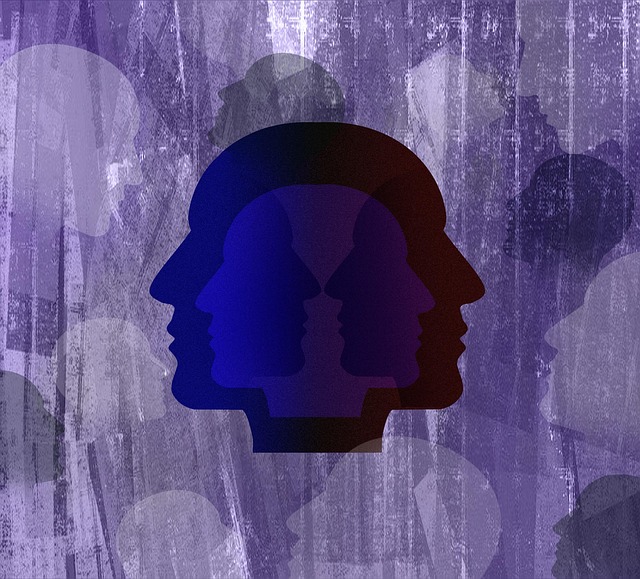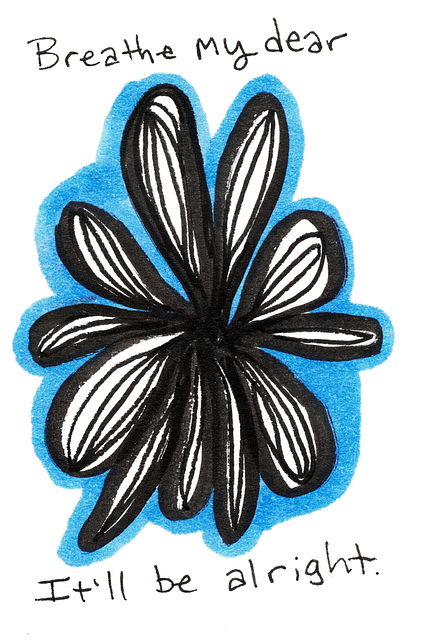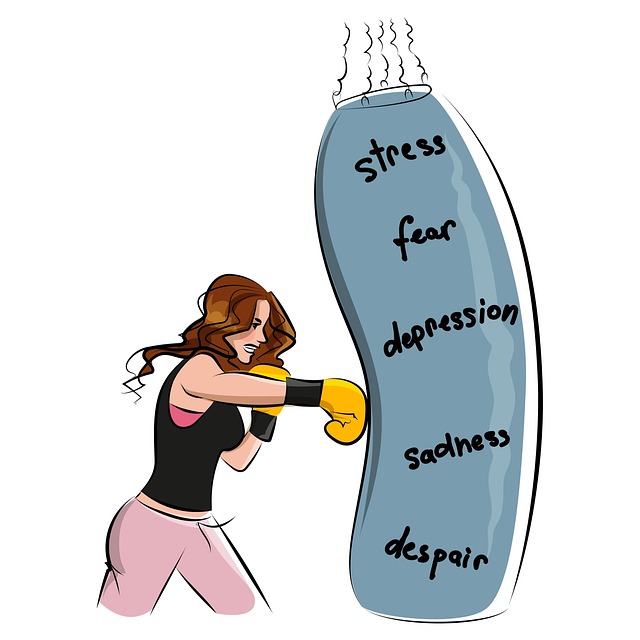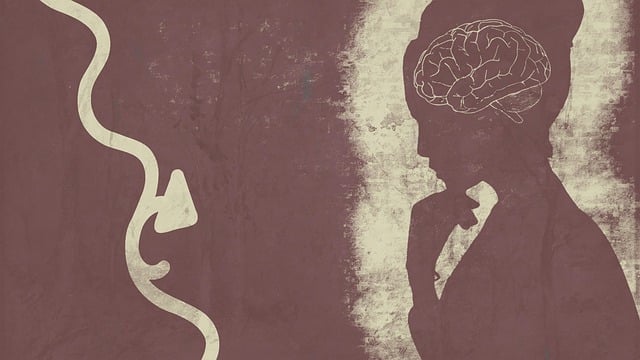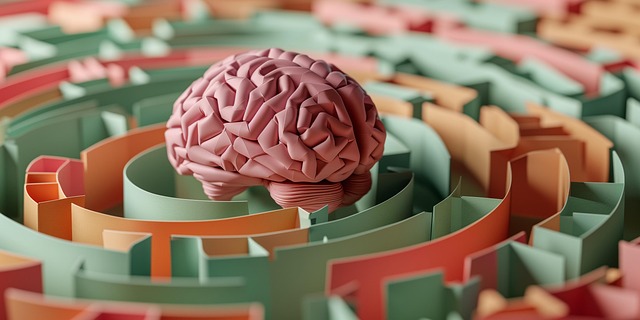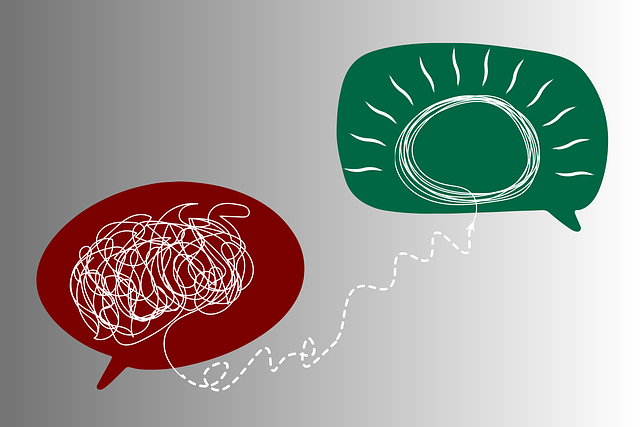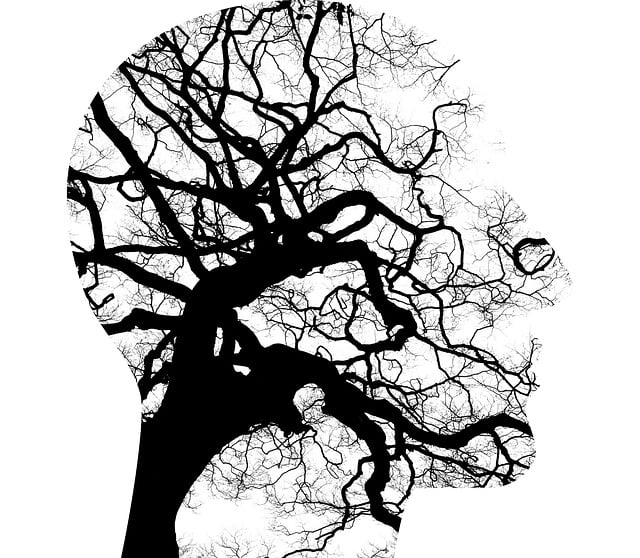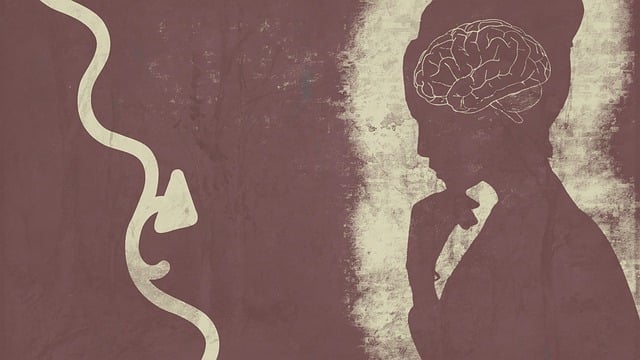Wheat Ridge Abuse Survivors Therapy offers transformative support for individuals recovering from trauma, focusing on developing vital social skills crucial for mental well-being. Through crisis intervention, conflict resolution training, and group therapy, survivors overcome isolation, reduce anxiety in social settings, and regain confidence. This holistic approach not only empowers individuals to rebuild relationships and manage emotions but also benefits healthcare providers by preventing burnout. Social Skills Training enhances engagement in various life contexts, improves communication, and fosters a sense of control, ultimately leading to improved mental health outcomes.
Social skills training is a powerful tool in supporting individuals with mental health conditions, especially those who have experienced trauma like Wheat Ridge abuse survivors. This article explores the profound impact of social interactions on mental well-being and delves into effective strategies for therapists. We examine the unique challenges faced by Wheat Ridge abuse survivors in social settings and provide insights into how targeted training can foster better connections, enhance coping mechanisms, and lead to improved outcomes in therapy.
- Understanding Social Skills and Their Impact on Mental Health
- Identifying Challenges Faced by Wheat Ridge Abuse Survivors
- Strategies for Effective Social Skills Training in Therapy
- Real-World Application and Long-Term Benefits of Social Skills Acquisition
Understanding Social Skills and Their Impact on Mental Health

Social skills are essential aspects of our daily interactions and play a significant role in mental health and well-being. They involve communication, empathy, active listening, conflict resolution, and appropriate nonverbal cues, enabling us to connect with others and navigate social situations effectively. For individuals with mental health conditions, such as those seeking Wheat Ridge Abuse Survivors Therapy, understanding and developing these skills can be transformative. Many mental health struggles can isolate people, leading to feelings of loneliness and anxiety in social settings.
By focusing on inner strength development and coping skills acquisition, therapy can empower survivors to rebuild their social connections and confidence. This process is vital for prevention strategies like burnout reduction among healthcare providers who work with vulnerable populations. Effective social skills training equips individuals with the tools to express themselves, understand others’ perspectives, manage emotions in social situations, and build supportive relationships, all of which contribute to improved mental health outcomes.
Identifying Challenges Faced by Wheat Ridge Abuse Survivors

Many Wheat Ridge Abuse Survivors face significant challenges when it comes to their social interactions and overall mental well-being. Therapy plays a crucial role in helping them navigate and overcome these hurdles. Often, survivors struggle with building and maintaining healthy relationships due to past traumatic experiences. Trust issues, difficulty in expressing emotions, and even physical triggers can make social settings daunting.
Wheat Ridge Abuse Survivors Therapy focuses on providing the necessary tools for crisis intervention guidance, especially during high-stress situations. Public awareness campaigns development can also help normalize their experiences and foster empathy among peers. Moreover, teaching conflict resolution techniques becomes essential as it equips them to handle interpersonal challenges respectfully and safely.
Strategies for Effective Social Skills Training in Therapy

Social Skills Training is a vital component of therapy for individuals recovering from mental health conditions, especially those who have experienced trauma like Wheat Ridge Abuse Survivors Therapy. Effective strategies include role-playing scenarios that simulate real-life social interactions, allowing clients to practice and receive immediate feedback. This interactive approach empowers them to build confidence in their ability to navigate social situations successfully.
Additionally, group therapy sessions facilitate a sense of community, providing a safe space for sharing experiences and learning from peers. Integrating stress management workshops and teaching self-care routine development are also beneficial. These techniques help individuals manage triggers, reduce anxiety, and cultivate resilience, ultimately enhancing their overall well-being and social engagement.
Real-World Application and Long-Term Benefits of Social Skills Acquisition

Acquiring social skills offers individuals, especially those with mental health conditions like those supported by Wheat Ridge Abuse Survivors Therapy, numerous benefits in their daily lives. This newfound proficiency enables them to engage more effectively in various settings, from educational institutions to professional workplaces. By learning and practicing appropriate communication, active listening, and empathy, individuals can foster meaningful connections, improve their support networks, and enhance overall well-being.
The real-world application of these skills translates into long-term advantages. Enhanced social interaction reduces feelings of loneliness and isolation, which are significant risk factors for relapsing or exacerbating mental health issues. Effective social skills training also equips individuals with tools to navigate challenging situations, such as managing stress, preventing burnout (particularly pertinent for healthcare providers), and providing crisis intervention guidance when needed. This empowerment allows them to take proactive measures in their mental health care, promoting resilience and a greater sense of control over their lives.
Social skills training plays a pivotal role in empowering Wheat Ridge Abuse Survivors Therapy, offering them tools to navigate social interactions with confidence. By focusing on communication, empathy, and emotional regulation, these programs foster a sense of belonging and improve overall mental well-being. The real-world applications are profound, enabling individuals to build stronger relationships and lead more fulfilling lives, ultimately breaking down barriers and promoting resilience in their journey towards recovery.
